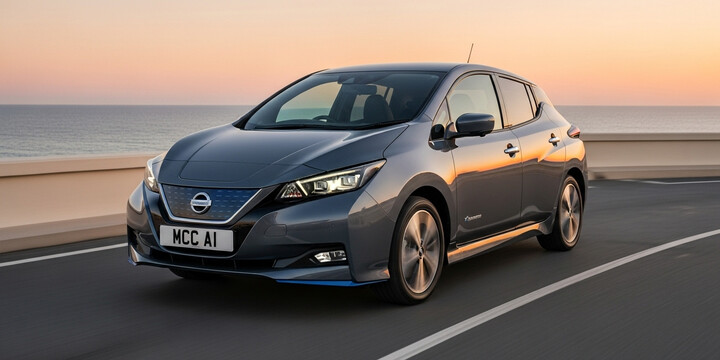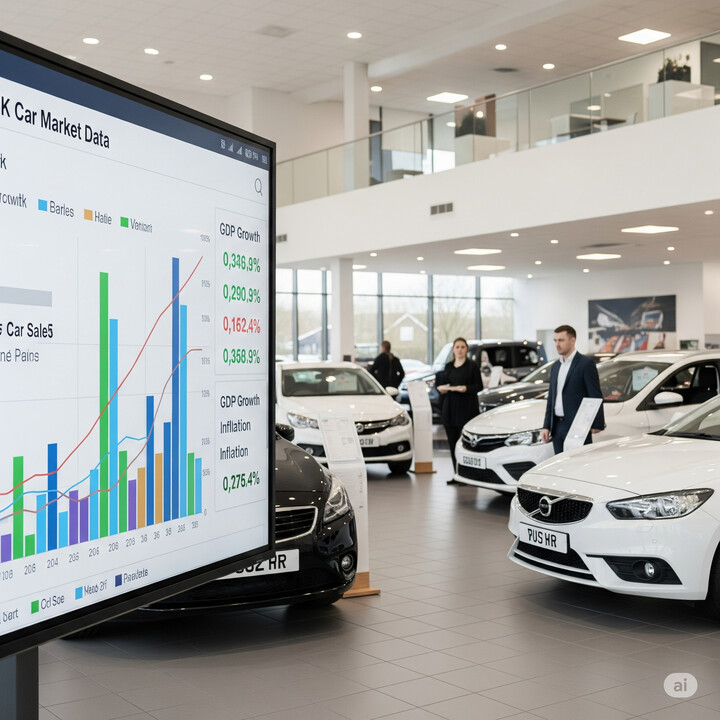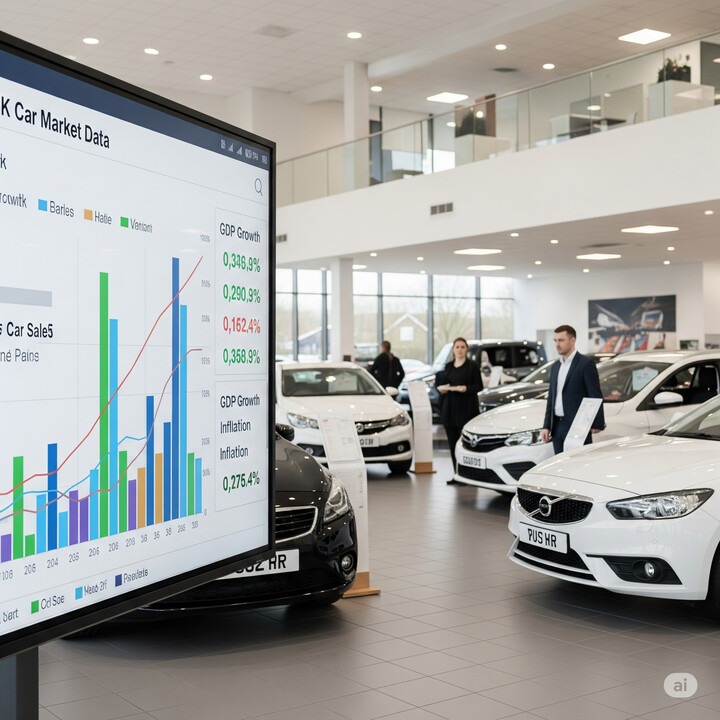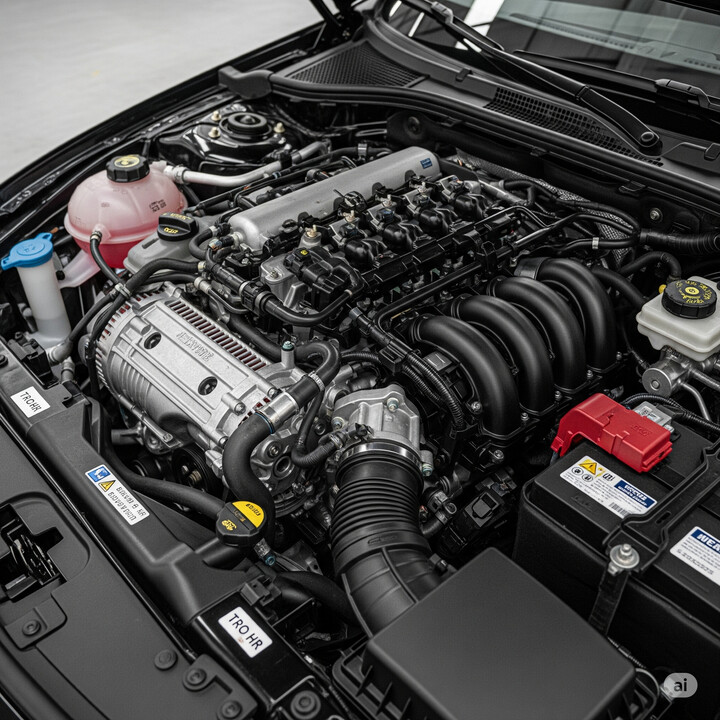
NISSAN LEAF (2022-) 5DR HATCHBACK 0.0 ELECTRIC 39KWH 150 SHIRO AUTO
The NISSAN LEAF (2022-) 5DR HATCHBACK 0.0 ELECTRIC 39KWH 150 SHIRO AUTO is an innovative and eco-friendly choice in the compact hatchback segment, making it ideal for city driving, daily commuting, and environmentally conscious drivers. As one of the UK's leading electric cars, the Nissan Leaf combines practicality with cutting-edge quiet electric performance, offering a smooth, effortless driving experience without fuel worries or exhaust emissions. Its hatchback design ensures versatile space for passengers and cargo, while its modern features and sleek styling make it a popular pick among first-time electric vehicle buyers and those seeking a reliable, affordable electric model.
What sets the Nissan Leaf apart in its class is its proven reputation for reliability and cost-effectiveness. It’s often chosen by individuals and families looking to reduce their carbon footprint while enjoying low-running costs. The 39kWh battery provides a comfortable range suitable for everyday journeys, and its user-friendly features make it accessible for all drivers. Known for its practicality, eco-friendliness, and affordability—especially in the used car market—the Nissan Leaf 2022 is a standout choice for anyone wanting to transition to electric driving. Its high sample size in MyCarCheck.com data indicates confidence in its presence on UK roads, making it a trustworthy and appealing option among electric hatchbacks today.

average use

The data indicates that all recorded vehicles of the Nissan Leaf (2022-) 5-door hatchback, 0.0 Electric 39kWh 150 Shiro Auto, have a mileage of between 0 and 10,000 miles. This suggests that these vehicles are relatively new and have low mileage, which could be appealing to buyers looking for nearly new electric cars.

vehicle values

The data indicates that the majority of private sale prices for the Nissan Leaf (2022-) 5DR Hatchback, 0.0 Electric 39kWh 150 SHIRO Auto, fall within the £10,000 to £11,000 range, accounting for 56% of the observed sales. Additionally, there is a relatively evenly distributed spread of prices across the £9,000 to £12,000 ranges, with notable percentages (12-16%) in the £9,000 to £10,000 and £11,000 to £12,000 brackets. Fewer vehicles are sold in higher price brackets (£13,000+) or below £9,000. This suggests that most private sales for this model tend to cluster around the £10,000 to £11,000 mark, reflecting a relatively stable market value for this vehicle.

production years

The data indicates that among the Nissan Leaf (2022-) models, the majority—56%—were manufactured in 2023, while 44% are from 2024. Since the model period extends from 2022 onward, this suggests a recent shift in production, with a significant portion of vehicles being quite new, likely still under manufacturer's warranty. The notable presence of 2024 models highlights ongoing manufacturing and availability, reflecting the vehicle's continued popularity in the electric hatchback segment.

colour popularity

The data indicates that all sampled Nissan Leaf vehicles from 2022 onwards are painted in white, accounting for 100% of the vehicles analyzed. This suggests a strong market preference or common manufacturer offering for this model in white, with no other colors represented in the sample.

ownership cycle

The data indicates that the majority of Nissan Leaf (2022-) 5-door hatchbacks with a 39kWh battery have been registered initially once, accounting for 72% of the vehicles. The remaining 28% have had a second registered keeper, suggesting some vehicles experience changes in ownership beyond the original registration. This distribution highlights that most of these electric vehicles tend to stay with the original owner, with a smaller proportion changing hands more than once.

engine choices

The data indicates that all vehicles of the Nissan Leaf (2022-) 5DR Hatchback 0.0 Electric 39KWh 150 Shiro Auto are electric-powered, with 100% of the sample using this primary fuel type. Notably, there is no recorded engine capacity for these vehicles, which is consistent with their electric nature, as electric vehicles do not have traditional engine sizes like internal combustion engine models. This highlights the shift toward electric drivetrains in recent vehicle models.












